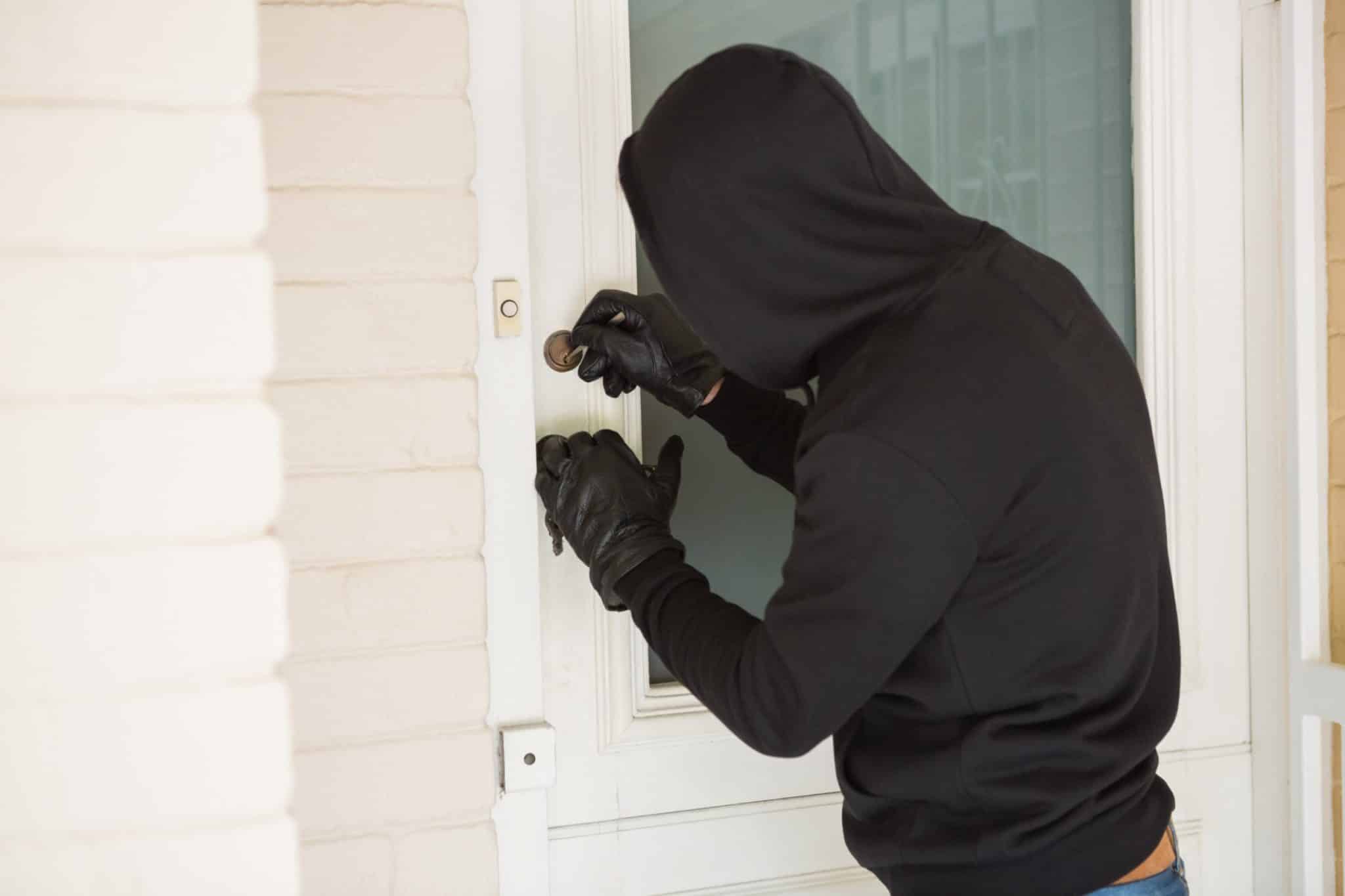Common IL Holiday Property and Theft Crimes
When most people think of the holidays, they think of time spent with loved ones as they exchange gifts and eat copious amounts of decadent food! Or perhaps it’s a time of the year when you take some much-needed time off to relax before the new year begins.
Whatever the holiday season means to you, one thing is true in Illinois and across the country: Certain crimes see an increase. These holiday crimes mostly center around property and theft crimes, which makes sense since so many people travel away from their homes.
What are the most common property and theft crimes this time of the year, and what penalties can a person face if convicted of perpetrating one? Read on to find out all you need to know in case you get caught up in these common holiday crimes.
Shoplifting
During the holiday season, stores are typically packed with people shopping and large displays of merchandise meant to entice people to buy. These factors add up to an increase in shoplifting crimes during the season.
Shoplifting in Illinois is possessing merchandise you have not paid for. This crime results in depriving the business of the merchandise permanently. Of course, it’s not simply taking the merchandise without paying for it that counts as shoplifting. So does removing the price tag, altering it in some way, or switching it with another so that you pay a lower price. Removing a device for theft prevention or falsely attempting to return or exchange items can also count.
The penalties for shoplifting in Illinois can vary. It depends on the value of the merchandise the person is accused of stealing. Merchandise worth less than $300 may only result in a Class A misdemeanor, but theft of items worth more than that can be a Class 3 felony. And other factors can play in, too, such as using an emergency exit to take the merchandise from the store – which is a Class 2 felony.

Burglary
With so many people away from their homes this time of the year and leaving behind expensive gifts and merchandise, it’s no wonder that an increase in burglary crimes follows suit.
In Illinois, anyone who enters another’s dwelling without permission and intends to commit another crime upon entry, such as theft, is committing burglary. That’s why you may often see burglary and other theft charges.
Generally, residential burglary in Illinois is a Class 2 felony, but it can be elevated to a Class 1 felony if a personal residence is involved. If convicted of a Class 1 felony, you can spend up to 15 years behind bars for the crime.
Credit Card Fraud
With increased online shopping and using credit cards in person during this time of the year, credit card fraud is too common. This crime can occur in several ways, such as posing the debit or credit card information of someone else with the intent to defraud them, possessing a mislaid or lost card, using a card to commit fraud, and signing the card of another person with the intent to defraud, among many others.
Most cases of credit card fraud in Illinois are classified as at least Class 4 felonies. These crimes are punishable by up to three years behind bars with fines of up to $25,000. Many credit card fraud charges will result in Class 3 or even Class 2 felonies. A Class 3 felony in the state is penalized by as many as five years imprisonment, while Class 2 felonies can result in up to seven years behind bars.

Package Theft
With all those boxes delivered to homes across the state, it’s easy to see how package theft sees a real uptick this time of the year. Before you get into trouble, knowing what package theft can do to your future is a good idea.
Taking a package that doesn’t belong to you from someone else’s porch or mailbox can result in either a misdemeanor or felony charge, depending on the value of the contents of the package. They’ll likely charge a misdemeanor if the value exceeds $500. But if it’s more than that, or multiple packages stolen that add up to more than $500, then it can be a Class 3 felony. Steal packages worth more than $10,000, and you’re looking at a Class 2 felony charge.
About the Author:
Andrew M. Weisberg is a former felony prosecutor serving as a defense attorney in the greater Chicago area. He has extensive experience handling all types of criminal cases, from sex offenses and domestic violence to retail theft-related crimes, murder, and drug crimes. His work has been recognized by Avvo, Expertise, National Trial Lawyers, and others, and he has been featured on countless news outlets for his experience and knowledge in criminal law.







 Blog Home
Blog Home 










